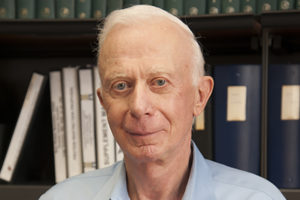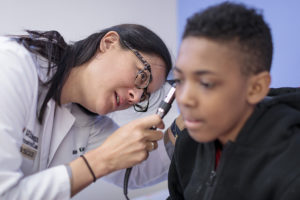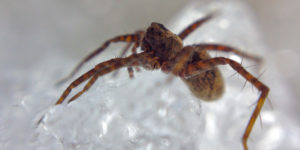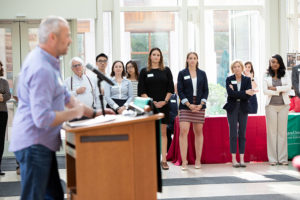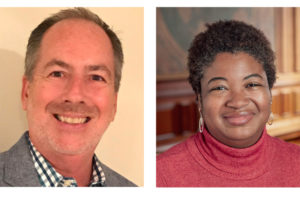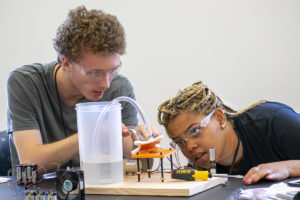John O. Holloszy, MD, whose research at Washington University School of Medicine in St. Louis led to advances in the understanding of the body’s response to exercise, died July 18, 2018, at a nursing home in Town and Country, Mo., following a long battle with kidney disease. He was 85.
